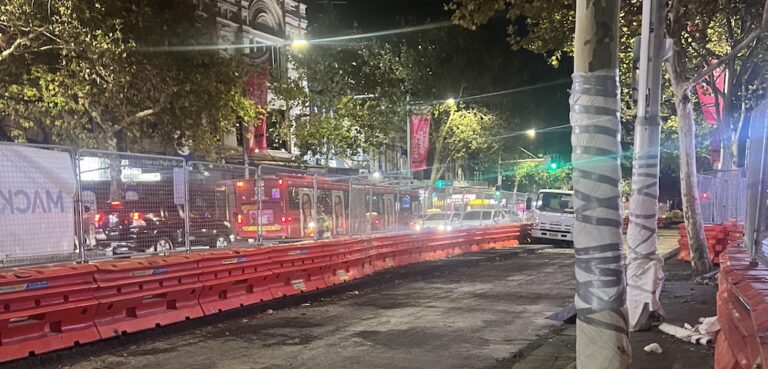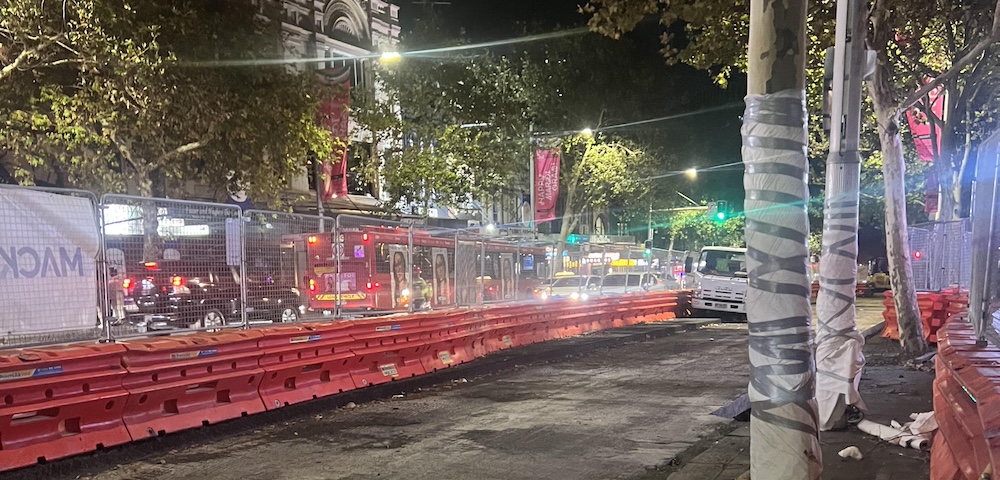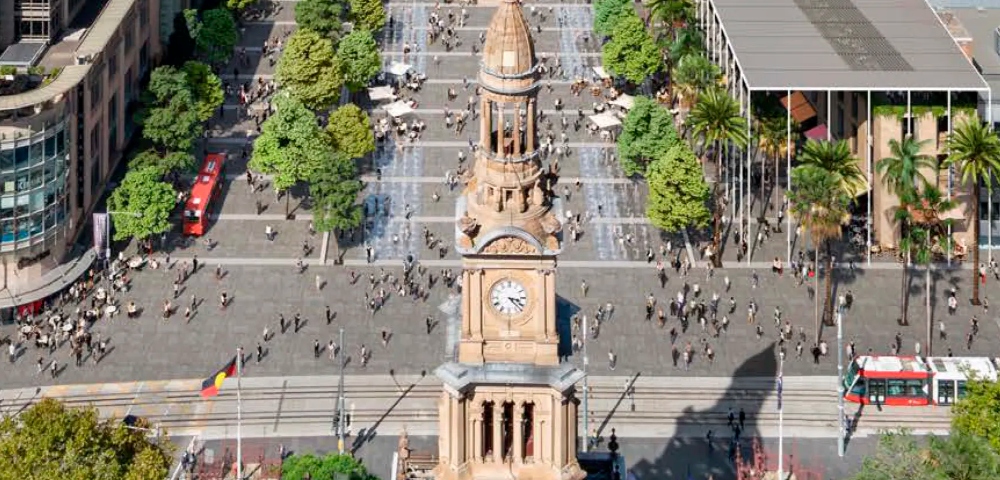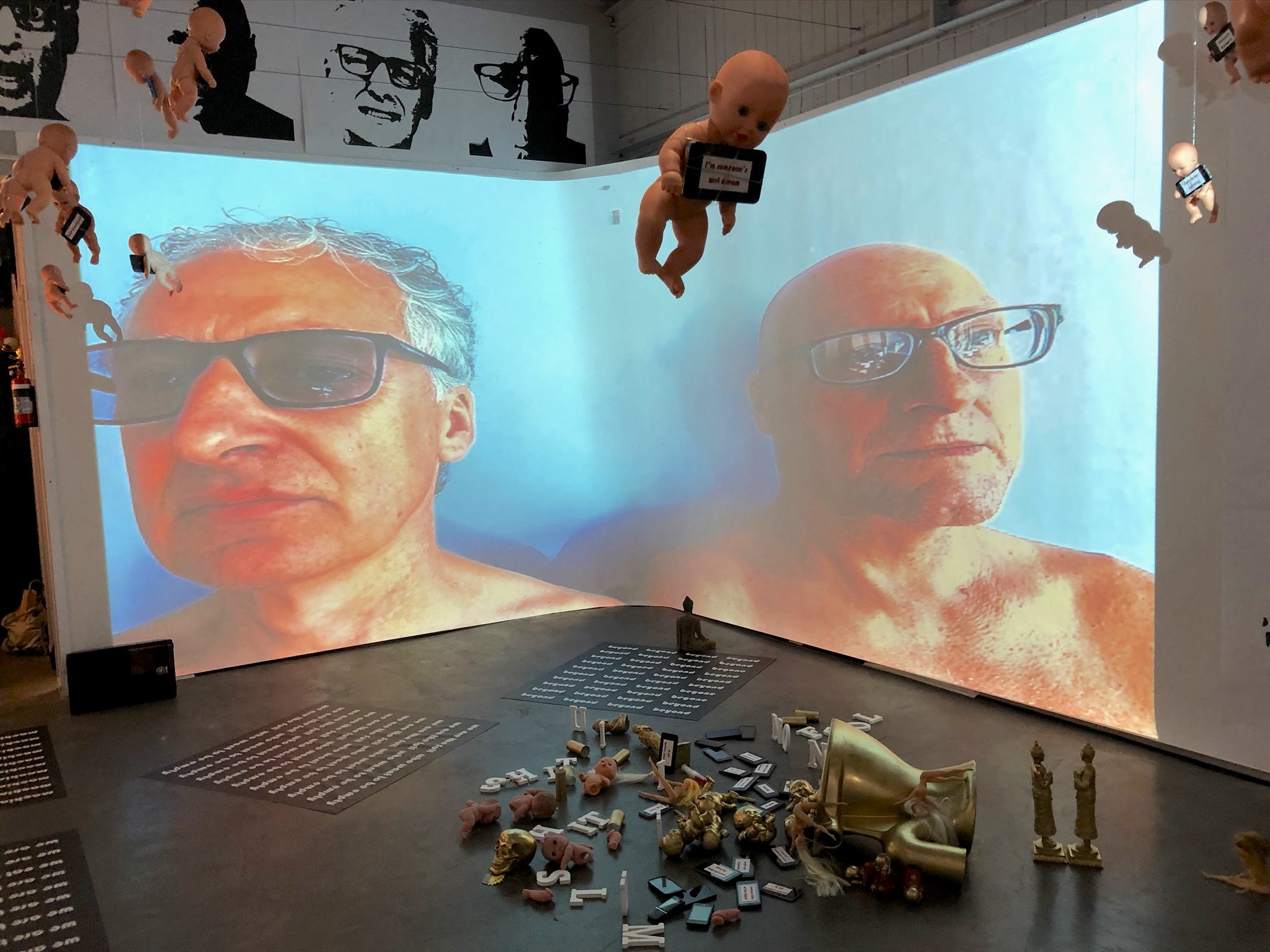
University responds to sexual assault protest with silence
BY CHARLOTTE GRIEVE
On August 27, a student protest coincided with the University of Sydney’s Open Day. Organised by the university’s women’s collective, approximately 20 students took over the Eastern Avenue Auditorium where prospective parents were being briefed by the Chancellor, Belinda Hutchinson.
The students were protesting the University’s handling of reports of sexual assault on campus.
In an attempt to shut down the protest, university staff turned off the auditorium lights and ushered the parents towards the exit. Almost two weeks later, the students involved have received no response from the University.
Leader of the Women’s Collective, Anna Hush, believes this approach to be symbolic of the university’s handling of their cause more generally.
“They [the University] are unwilling to listen to students when they voice their concerns and demand changes,” Ms Hush told City Hub.
The protest was reminiscent of the Columbian performance protest carried out by student Emma Sulkowicz between 2014-15. This protest involved the student carrying around the mattress she was raped on throughout campus to draw attention the university’s inaction on the matter.
In 2015, a survey conducted by the University of Sydney, “Creating a Safer Community for All” attempted to measure the prevalence of sexual assault on campus. Of the 1926 students who responded to the survey, nearly a quarter of those reported experiencing some form of unwanted sexual harassment or assault over the time they were enrolled at the University.
Of these students, less than 30 per cent reported these incidents to the University. The survey indicated that awareness of existing processes for incident reporting was scarce with almost 60 per cent claiming they would benefit from additional information about how to seek help on campus if they wanted to report an incident of sexual assault.
Ms Hush views this report as “disappointing” in that the recommendations made were “so vague.”
“We are yet to see them properly implemented or lead to any real change for students,” she said.
In an open letter, the Women’s Collective stated this report does not go far enough. It read “data about prevalence does not tell the whole story and cannot be meaningfully analysed without information about the culture in which these data arise.”
Among their demands are greater collaboration between University staff and students as well as better education for students about consent.
“We will continue to bring public attention to this issue until the university agrees to make some concrete changes about the handling of sexual assault cases,” said Ms Hush.









